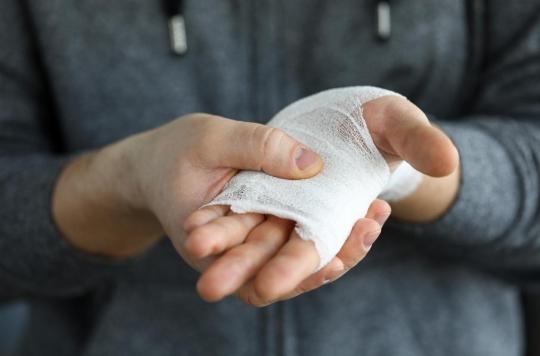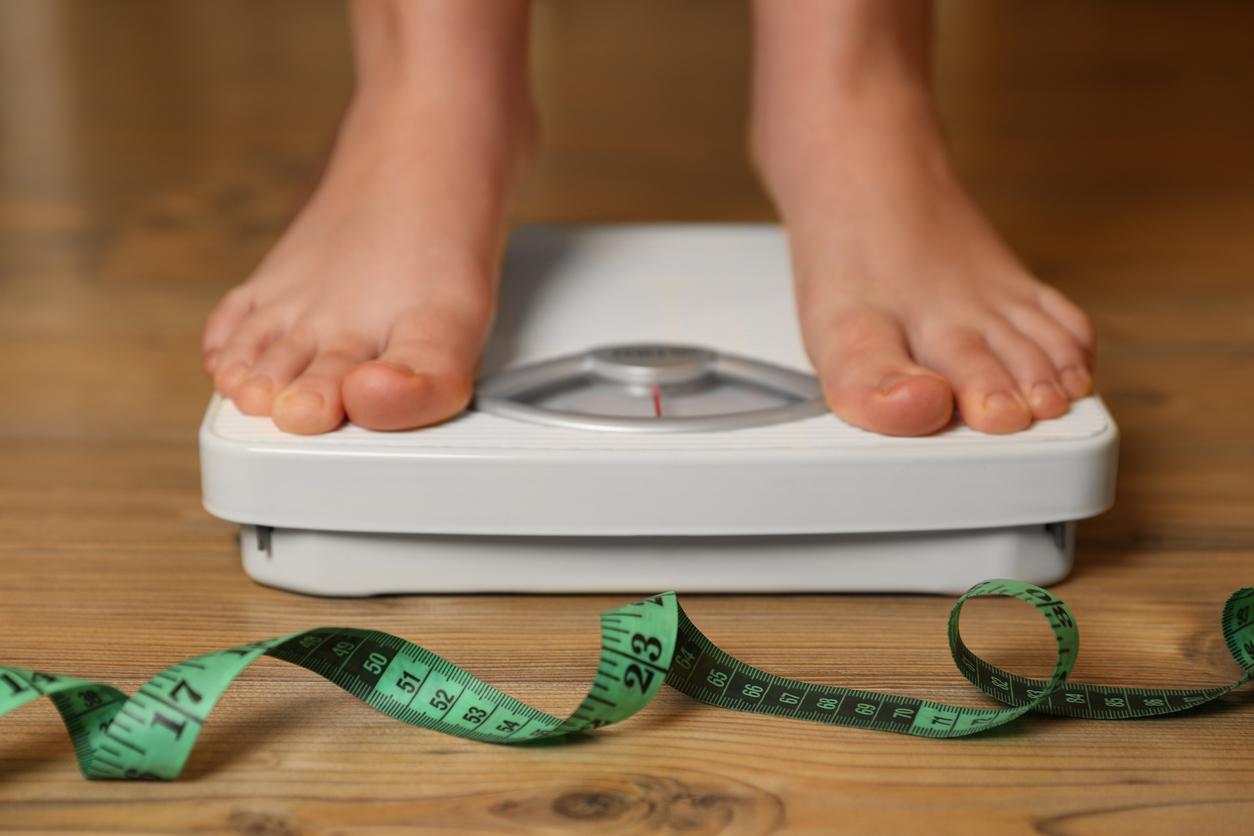Men with a high fat mass would have a lower bone density. They would be more likely to suffer from fractures.

- In France, around the age of 65, it is estimated that 39% of women suffer from osteoporosis.
- Male osteoporosis occurs later than in females. A quarter of fractures due to bone fragility occur in men.
- High body fat, linked to lower bone density, is a risk factor for osteoporosis and fracture in men.
Women are two to three times more affected by osteoporosis, a disease that weakens the bones, than men. This is due to menopause and its effects on bone density. However, the male sex is not spared by this pathology which increases the risk of fracture. And for good reason, men suffering from obesity would have more risk of being affected by osteoporosis than those who have a correct fat mass, according to scientists from the medical center of the University of Chicago, in the United States.
To reach this conclusion, the researchers performed a study published in the journal The Journal of Clinical Endocrinology & Metabolism February 10. “The effects of a high level of obesity on bone health are unclear,” they said. In order to carry out their work, the authors examined the body composition and bone mineral density of 10,814 people aged 20 to 59 years.
“Higher fat mass was linked to lower bone density”
According to the results, a strong correlation between lean mass and bone density was observed in both men and women. Conversely, fat mass had a negative association with bone mineral density, which was more notable in men with high body fat.
“We found that higher fat mass was linked to lower bone density, and these trends were more pronounced in men than in women. (…) Our research suggests that the effect of weight depends on composition a person’s lean mass and fat mass, and that high weight alone is no guarantee against osteoporosis”, said Rajesh K. Jain, author of the research, in a statement.
A high risk of bone fracture
According to the scientists, their work highlights the importance of bone health in obesity and may explain increases in fracture rates in obese people. “Healthcare providers should consider screening for osteoporosis in overweight patients, especially if they have other risk factors such as older age, previous fracture, or family history,” concluded Rajesh K. Jain.
.
















